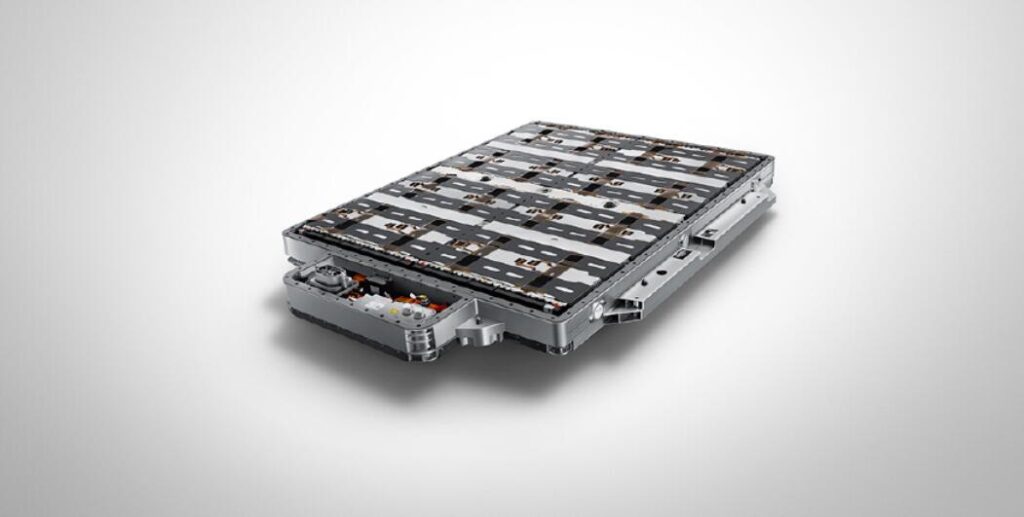This is the largest-capacity battery pack mass-produced in the Chinese passenger car market, and Nio models equipped with the pack have a range of up to 1,055 km, Nio said.

(Image credit: Nio)
Nio’s (NYSE: NIO) 150-kWh semi-solid-state battery pack is finally going to start entering service in a few months, after several delays.
The 150-kWh ultra-long-range battery pack will go live in the second quarter, the electric vehicle (EV) maker said today in its fourth-quarter 2023 earnings highlights posted to its social media accounts in China.
This is the largest-capacity battery pack mass-produced in the domestic passenger vehicle segment, and Nio models equipped with the pack have a range of up to 1,055 kilometers, it said.
Nio unveiled the 150-kWh semi-solid-state battery when it released the ET7 sedan on January 9, 2021 at the Nio Day 2020 event.
The semi-solid battery’s cells come from local startup Beijing WeLion New Energy Technology, which began delivering 360 Wh/kg lithium battery cells to Nio on June 30, 2023
The batteries currently circulating in Nio’s battery swap network include 70/75-kWh standard range packs and 100-kWh long range packs.
The new 150-kWh pack weighs 575 kg, which is 20 kg, or 3.6 percent, higher than the 555 kg of Nio’s 100-kWh pack, according to Nio’s July 2023 update to its user manual.
On December 17, 2023, William Li, Nio’s founder, chairman, and CEO, drove an ET7 sedan with a 150-kWh battery pack to complete a real-life range challenge for the pack.
After 1,044 kilometers of driving, that ET7 had a remaining charge of 3 percent and a remaining CLTC range of 36 kilometers, according to Nio’s announcement at the time.
Also on December 17, local media outlet Jiemian cited WeLion as saying it expected to start supplying semi-solid-state batteries to Nio in April 2024 in bulk.
The exact scale of supply will be determined based on Nio’s demand, and the overall pace should creep up gradually, WeLion said.
Because it’s a new technology, the 150-kWh battery pack is currently costly, and Nio co-founder and president Li-Hung Chin mentioned in February 2023 that the pack would cost about the same as an ET5.
The ET5 is Nio’s least expensive model at the moment, with a starting price of RMB 298,000 ($41,400).
The battery cells were developed by WeLion, with Nio providing some technical and financial support, another local media outlet, LatePost, said in a December 17 report.
Nio originally planned to co-develop a high energy density semi-solid-state batteries with Chinese power battery giant CATL, but was rejected because of the high cost, according to LatePost.
Nio only then chose WeLion, which has accumulated technology but has never mass-produced automotive batteries, according to the report.
($1 = RMB 7.1991)

